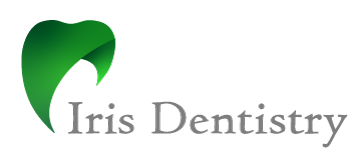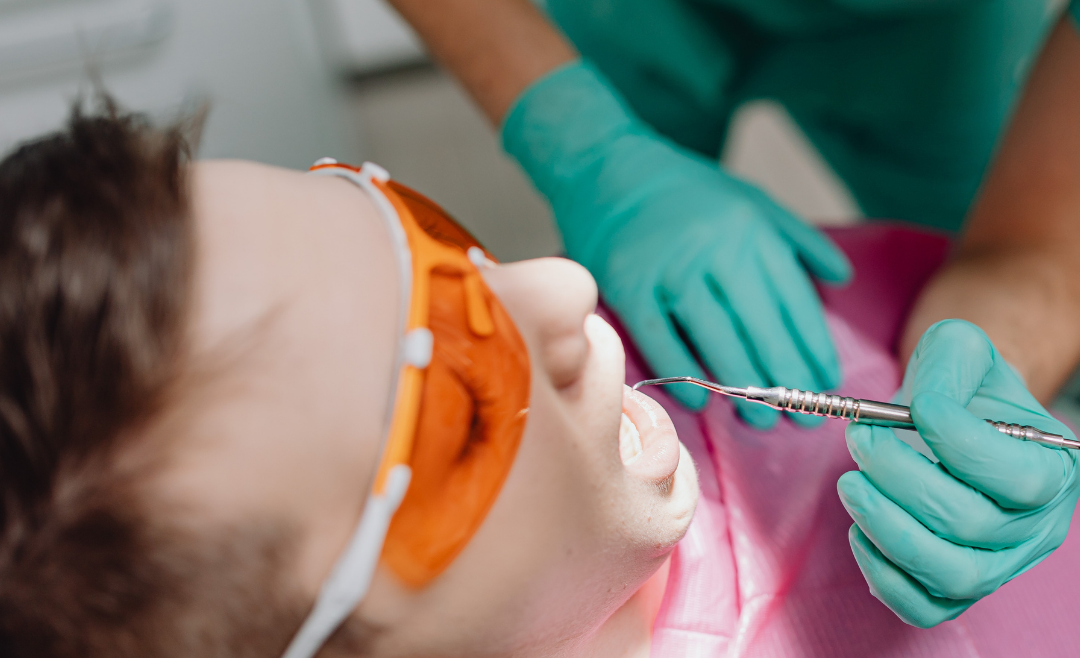Oral health is part of your overall health. With a healthy mouth you can eat, speak and smile in comfort, which helps you feel physically, socially and mentally well. A healthy mouth helps you enjoy life.
Risk factors
Caring for your teeth requires more than brushing, flossing and visiting your dentist regularly. It is important to understand the risk factors that can affect your oral and overall health.
Most oral health conditions are preventable and can be treated early. Oral health can be maintained by establishing a good oral hygiene routine and by being aware of some common health and lifestyle risk factors.
Some common health risk factors are age, diabetes, medications, stress, and sleep apnea.
In the other hand, lifestyle risks are use of alcohol unhealthy and sugary diet, smoking and vaping, and oral piercings.
Some risk factors, such as aging, are unavoidable. That is why it’s important to pay attention to your oral health throughout your lifetime.
You can reduce or eliminate risk factors by choosing healthier options and changing certain lifestyle habits. Any changes you make to lower your risks is an important step towards maintaining a healthy smile, disease prevention, and improving your overall health and well-being.
Disease prevention and overall health
Just like other diseases, prevention, early detection and treatment of oral diseases is important to stop any negative effects on the rest of your body.
An unhealthy buildup in your mouth can make your gums prone to bleeding. Unhealthy oral bacteria and the inflammation associated with gum disease may enter your bloodstream, which can increase your risk of other health problems.
Oral disease can affect every aspect of your life, including personal relationships and self-confidence. It can lead to pain, anxiety, disfigurement and acute/chronic infections. It can also disrupt your sleep and affect how or what you eat — all of which can impact your overall quality of life.
Keeping your mouth healthy helps it function well. It is important to look after your oral health for your overall health and well-being.
Some tips for your oral hygiene:
- Use a manual or electric toothbrush to brush all areas of your teeth (i.e. the inside, outside and chewing surfaces). Start gently underneath the gums and move up.
- Do not rinse with water immediately after brushing. Spit out any excess toothpaste instead.
- Wait 30 minutes after eating before you brush to avoid damaging your enamel.
- Replace your toothbrush every 3 months. Swap out your old, frayed toothbrush for a new one that will clean your teeth and mouth properly.
- Floss at least once a day, or after snacking. Flossing gets to places your toothbrush cannot reach and removes bacteria that can cause bad breath. Reduce gum disease and bad breath by removing plaque that forms along the gum line.
- Depending on what you eat, your tongue can hold food residue. Be sure to also give it a good brush or scrape to help keep your breath fresh.
Your dentist is your health partner
One of the best ways to protect your mouth is by going to the dentist for regular check-ups and dental cleanings.
Your dentist can help keep your teeth and mouth healthy. A regular check-up allows your dentist to make sure you don’t have dental problems, remove any unhealthy buildup and reduce your risk of dental decay or gum disease.
Your regular dental appointments are important so your dentist can:
- examine your teeth, gums, and mouth and look for early signs of oral cancer
- provide any necessary treatment
- work with you to help maintain your oral and overall health
- educate you on how to keep your teeth and mouth healthy through good oral hygiene habits, including how to brush your teeth and floss correctly
Only dentists can examine your teeth, gums and mouth, and recognize any problems that could affect your overall health.
Are you looking for a dentist in Waterloo? Call us at (519) 886-8980 or request an appointment.
At Iris Dentistry, we are committed to your oral health!

